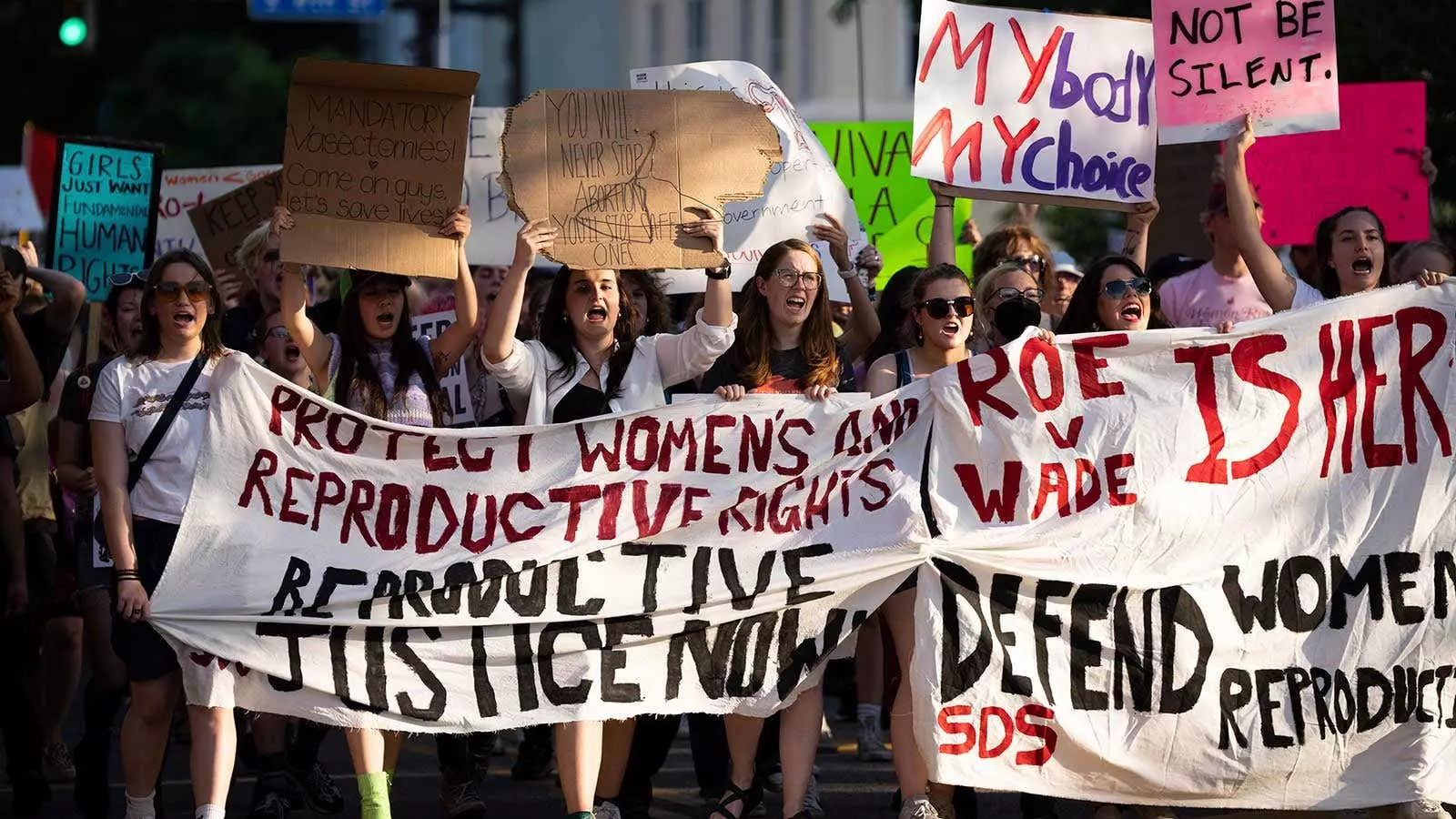A recent ruling by the Minnesota Court of Appeals has sparked discussions around discrimination based on personal beliefs in the healthcare industry. The case involved pharmacist George Badeaux, who refused to provide emergency contraceptives to a customer due to his personal beliefs. This decision was deemed as business discrimination by a three-judge panel, highlighting the ethical considerations surrounding such practices in healthcare.
Legal Implications
The ruling in this case establishes a precedent for future cases involving pharmacists and their duty to provide essential healthcare services. Judge Jeanne Cochran stated that Badeaux’s refusal to dispense emergency contraception constitutes sex discrimination under Minnesota’s Human Rights Act. This legal interpretation sets a critical framework for addressing conflicts between personal beliefs and professional responsibilities in the healthcare field.
The decision to label Badeaux’s actions as discrimination underscores the significance of reproductive rights and access to healthcare for all individuals. Andrea Anderson, the customer involved in the case, faced significant challenges in obtaining emergency contraception due to Badeaux’s refusal. This ruling reaffirms the importance of timely access to reproductive healthcare services without facing discrimination based on personal beliefs.
Challenges in Healthcare Provision
The case raises questions about the intersection of personal beliefs and professional obligations in the healthcare industry. While pharmacist Badeaux cited his Christian beliefs as the reason for refusing to dispense emergency contraceptives, the court emphasized the impact of such actions on patients’ rights. Balancing religious freedoms with the duty to provide essential healthcare services poses challenges for healthcare professionals and regulatory bodies.
The ruling in Minnesota may have broader implications for similar cases across the United States. Attorney Jess Braverman argued that this decision could set a precedent for defining the refusal to dispense emergency contraception as a form of sex discrimination. The evolving landscape of reproductive healthcare rights and access underscores the need for clear guidelines and regulations to protect patients’ interests.
The Minnesota Court of Appeals ruling on pharmacist George Badeaux’s refusal to provide emergency contraceptives sheds light on the complex ethical and legal considerations in the healthcare industry. By highlighting the discriminatory nature of such actions, the court underscores the importance of upholding patients’ rights to essential healthcare services. Moving forward, this case serves as a critical point of discussion for stakeholders in the healthcare field seeking to navigate the delicate balance between personal beliefs and professional responsibilities.


Leave a Reply